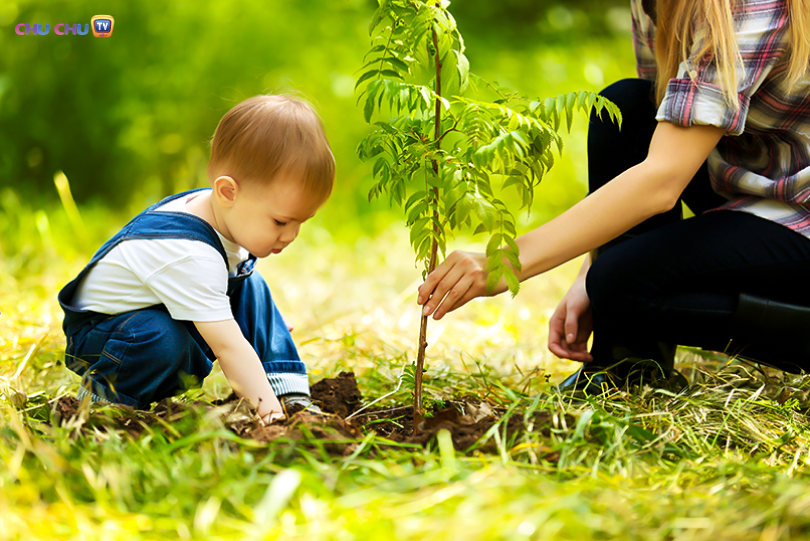It is a big bad world out there and it is of the essence in today’s scenario that our children be as prepared as they can. Now, how would you know if your child is happy? Simply because they appear to be outgoing, it doesn’t imply that they are happy. Granted that their expectations and complications in life are more minimal than ours, there still are quite a few triggers that may leave them feeling the blues! Pending homework and fear of an overbearing teacher, a fight with the best friend, quarrels and raised voices at home, knowing that grandma or the pet dog is sick?— Situations like these can trigger a cascade of emotional responses in your child. At a later stage, there are going to be bigger problems- relationships, addictions, exclusion, rejection, heartbreak and an impending fear of the future.
Yes, it’s quite a handful. How do we handle it, you ask? There isn’t an easy way out. You’re going to have to stick through 10 years of childhood, 9 years of adolescence and a lifetime of adulthood with your children. But there are certain things you can do to make it easier. Read on:
1. Being Active:
What you need to understand is that your child’s happiness is not only materialistic, it is physical. It is absolutely essential that they eat and sleep right. Several of today’s trending activities can have serious setbacks like hormonal imbalances and disrupted metabolism leading to obesity and other physical issues. Another important thing to do is to ensure that they step out of the home. Think— mud, ball, playground, sun and knee scrapes. Your children need to feel the flush in their cheeks as they scoot away in a game of lock and key. Remember the rush of adrenaline that you felt as a child? It’s only fair for your kids to feel it for themselves too. Make sure they don’t miss out on outdoor adventures!
2. A Positive Home Environment:
A happy home also ensures a happy childhood. Stay connected at all times and let your kid know that he/she is loved very much at home. Encourage them and maybe even spot something that they have an aptitude for, giving them the opportunity to make the most of it. Avoid quarrels at home at all cost. Loud voices and name calling will scare your toddler, or leave young children reclusive and feel isolated. Try your best to sort your personal differences without having your kids witness the ugliness of it.
3. Practicing Positive Reinforcement:
You may think that your kid is as confident as he or she is happy since they’re practically related. That may be true to some extent but isn’t necessarily the case. There are things you can do to boost your child’s self-esteem. Make sure to compliment them when you see them making a genuine effort at something, regardless of whether they win or lose. Don’t dwell on their mistakes or failures, but rather, address it and encourage them to do better. Giving your children a guilt trip can get messy, especially during early development, which is when they begin to form a personality. It is also important that you let them fight their own battles and not intervene. Removing obstacles from their way seems easy now but remember that someday you aren’t going to be around anymore. This may sound surprising but inculcating good manners and posture in children has shown a statistical increase in their levels of confidence. Adults appreciate etiquette and experiencing this will make your child feel positive about his/her behavior. Be descriptive and honest with your compliments without overdoing them. This will also show that you are paying attention to them and that in itself is a booster.
4. Instilling Responsibility:
Teaching your child responsibility is a whole other ball game. You see, you’d have to start small, say when they’re toddlers, and work your way up to puberty. Teach them to be organized and clean up after themselves.Don’t go around picking up their dirty laundry or dishes. Also, teach them that they are responsible for their body once they step into early youth. They must understand that personal hygiene is a responsibility too. A 9-year-old child is more than capable of bringing his clothes in for laundry as is a 5-year-old in picking up her Legos. Once they enter their teens talk to them about their finances and allowances. Help make a monthly budget plan and teach them the benefits of savings.
5. Adopting a Pet:
It helps if you have a pet at home. What better way than to teach your child about responsibility positively. Their love for the pet will have them rolling the screens in no time. Teach them about the pet’s daily schedule and make sure they understand that the unconditional love they receive deserves their commitment.
6. Practicing Compassion:
Avoid confronting your children by yelling at them. Rather, sit them down and talk about the consequences of their actions. Being assertive is very different from being aggressive. It is also a good idea to keep your kid socially active. Teach them about the environment and politics and why it is important to have knowledge about world issues. Enroll with them in social campaigns like volunteering or planting trees so that they learn to contribute to the society from an early age.
7. Being an Example:
It is also absolutely essential that you set a good example yourself. They watch you and learn. So remember to treat everyone equally, be courteous and smile. Don’t jump signals or swear at a fellow driver while they are in the car seat with you. Don’t use a cell phone while you drive and keep within the speed limit.
Remember that you can’t imprint good values in your child’s mind unless you adopt them yourself and they display through you. So try your best to find happiness and confidence, as and when you can, regardless of how complicated adult lives are. Happy parenting!
What do you think about these tips? Tell us in the comments below what you feel would make your child more happy, confident and responsible in life.













Very educative thanks..
Happy to know that Miriam 🙂
Useful advice…… Thanks ?